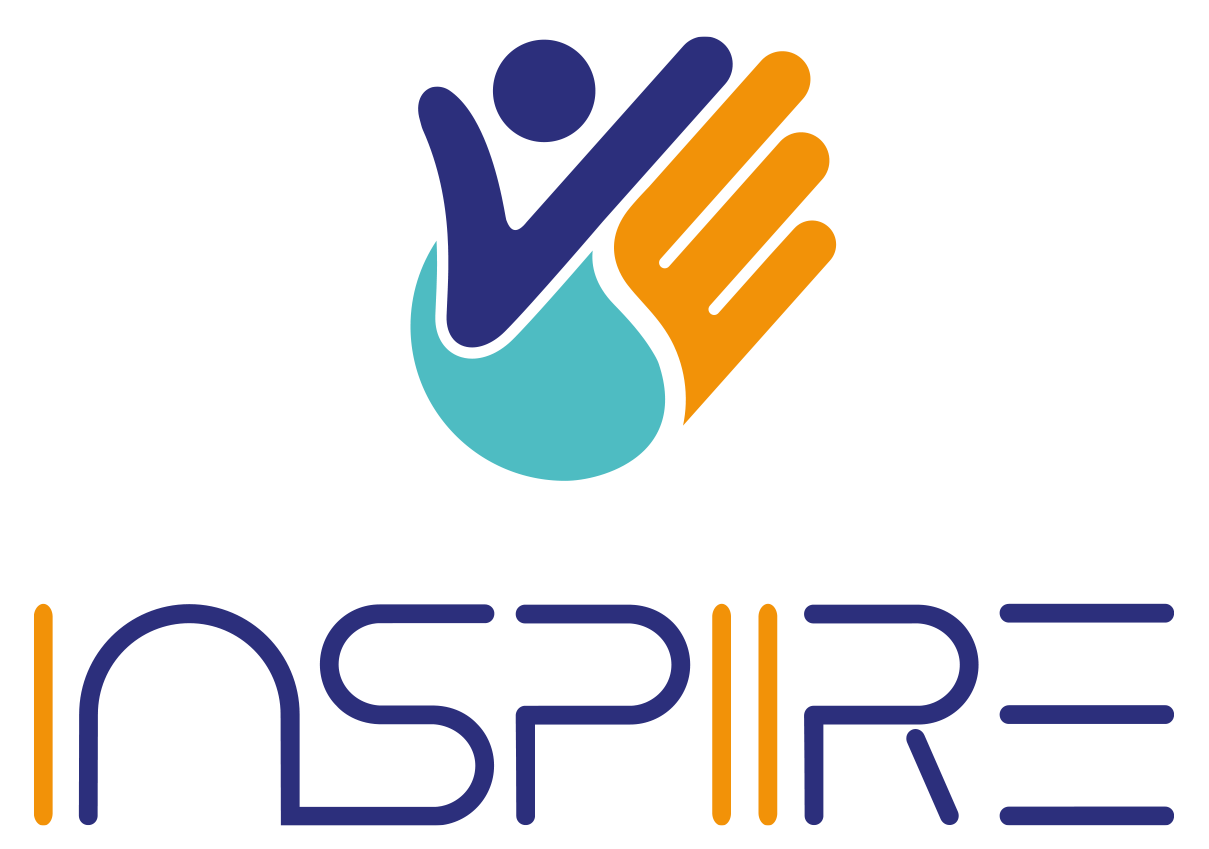Evaluating the feasibility and acceptability of an adapted fencing intervention in breast cancer surgery post-operative care: the RIPOSTE pilot randomized trial
Étude pilote d’une intervention de promotion de la santé au sein de clubs de sport
Résumé
Background Adapted physical activity programs have shown promising results in reducing the physical, social and psychological side effects associated with breast cancer, but the extent to which they can be effectively adopted, implemented and maintained is unclear. The aim of this study is to use the framework to guide the planning and evaluation of programs according to the 5 following keys: Reach, Effectiveness, Adoption, Implementation and Maintenance (RE-AIM) framework to evaluate a fencing program under the French acronym RIPOSTE (Reconstruction, Image de soi, Posture, Oncologie, Santé, Thérapie, Escrime) literally in English (Reconstruction, Self-Image, Posture, Oncology, Health, Therapy, Fencing). This program is an innovative intervention focused on improving the quality of life (QoL) of breast cancer surgery patients through fencing. Methods A convergent mixed methods pilot study was conducted to preliminary evaluate the different RE-AIM dimension of the pilot program. Twenty-four participants who have just undergone surgery for invasive breast cancer were randomly allocated in two groups: one group started immediately after their inclusion (Early RIPOSTE group) and the other started 3 months following their inclusion (Delayed RIPOSTE group). Participants answered a questionnaire at inclusion and at the end of the program on QoL, shoulder functional capacity, fatigue, anxiety-depression and physical activity. Results RIPOSTE program was able to reach mainly young and dynamic participants, attracted by the originality of fencing and keen to improve their physical condition. Regarding effectiveness, our results suggest a trend to the improvement of QoL, shoulder functional capacity, fatigue and anxiety-depression state, even without any significant differences between the Early RIPOSTE group and the Delayed RIPOSTE group. Discussions The cooperation, exchanges and cohesion within the group greatly facilitated the adoption of the program, whereas interruptions during school vacations were the main barriers. The intervention was moderately well implemented and adherence to the protocol was suitable. Conclusion RIPOSTE is an acceptable and effective program for involving breast cancer survivors in physical activity, that needs to be tested at a larger scale to investigate its effectiveness, but has the potential to be transferred and scaled up worldwide.
Le club de sport (CS) est un milieu de vie privilégié pour promouvoir la santé. Cependant, les interventions de promotion de la santé (PS) existantes dans les CS ciblent majoritairement un seul comportement de santé et des pratiquants sportifs masculins, et leurs évaluations renseignent peu leurs déploiements. Pour dépasser ces limites, l’intervention PROSCeSS a été co-construite à partir du modèle théorique du CS promoteur de santé et de stratégies multi-niveaux et multi-déterminants de santé. L’objectif de cette étude pilote était d’évaluer le déploiement de l’intervention PROSCeSS et d’identifier les facteurs influençant son déploiement. Une étude qualitative comprenant des enregistrements de réunions, des échanges par e-mails et par téléphone, et des entretiens avec les référents de 14 CS a été réalisée. Même si le nombre de CS qui sont allés au bout de l’intervention est faible, ceux-ci considèrent qu’ils ont un rôle à jouer dans la santé de leurs membres. Leur capacité à développer des activités de PS et à déployer les étapes de l’intervention est influencée par les ressources disponibles, le soutien qu’ils reçoivent de leur fédération sportive et la capacité d’un porteur de projet (référent) à s’impliquer. Les CS qui ont déployé l’intervention ont mis en place plusieurs stratégies qui leur permettent d’intégrer la santé dans les habitudes organisationnelles, sociales, économiques et environnementales du CS et de développer de nouvelles activités de PS, telles que des sessions d’activités sportives adaptées et des activités de sensibilisation à l’échauffement, à l’alimentation et aux gestes de premier secours. Cette étude montre qu’il est important de comprendre les spécificités des contextes dans lesquels les interventions de PS sont déployées. Parce qu’elle a conduit à retravailler les étapes de l’intervention et à développer un nouveau design d’évaluation, elle met en évidence le rôle essentiel des études pilotes pour le développement et l’évaluation des interventions.
Mots clés
pratique sportive confinement motivation affects sports practice lockdown motivation affects schlAgwöRteR: Sportliche Betätigung Lockdown Motivation Affekte affetti confinamento motivazione pratica sportiva
pratique sportive
confinement
motivation
affects sports practice
lockdown
affects schlAgwöRteR: Sportliche Betätigung
Lockdown
Motivation
Affekte affetti
confinamento
motivazione
pratica sportiva
Health promotion Intervention Pilot study Sports clubs Deployment process
Health promotion
Intervention
Pilot study
Sports clubs
Deployment process

